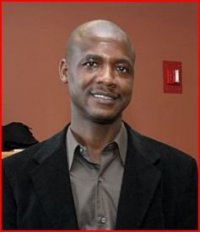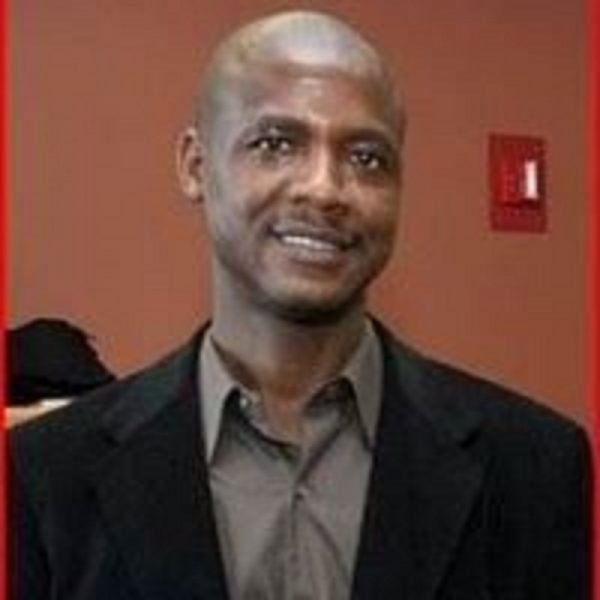
Gazing into a crystal ball is never easy, especially since these days the image tends to get cloudy rather unexpectedly.
After all, at this time October 2016, who would have been taken seriously if one predicted that the big political story of 2016-17 would be the emergence of President Adama Barrow as the strongest and most credible national cock-tail coalition leader? Yet that is unarguably the case today.
So as 2018 dawns, one is conscious of taking a gamble in predicting next year’s trends from this year’s information. Still, these are the major trends I see emerging in Gambian politics in the New Year and years to come:
Adama Barrow is the President of the Gambia. During 2018 we can expect him to consolidate his leadership in the country, appoint key aides to crucial positions and transform the working of the government through innovations and new initiatives. By the middle of the year the government of President Barrow is bound to bear his stamp in ways that will be visibly different from the past.
The major global issues —Donald Trump’s erratic Presidency, China’s emergence as a superpower, Russia’s rapprochement with China and therefore, the apparent victory over ISIS in the Middle East, and nuclear tensions with North Korea — have had no significant impact on our domestic politics and are unlikely to do so in 2018 either.
Gambian politics are more insular than most, and this trend is likely to continue. Only two possible international developments could shake up our politics significantly — an explosion in populism in EU countries that sends hundreds of our citizens home into an economy that cannot absorb them, with a simultaneous loss of their valuable remittances.
This is out of our control; and can only be prevented by statesmanship, which sometimes seems in short supply in Banjul. A dramatic surge in commodity and petroleum prices would also affect voters, but there seems negligible risk of that in the foreseeable future.
This has already become apparent in 2016-17, with even President Barrow, who had previously kept his distance from social media, tweeting frequently and wittily. Social media has already become the favored tool of politicians to get their messages out — it’s much easier to issue a tweet or a Facebook post than to call a press conference.
With affordable 4G and a profusion of smart phones in the hands of Gambian voters, one can be sure that Facebook, Twitter and WhatsApp will be the means of choice for political campaigners — not at the expense of traditional means such as rallies, and “village Jarkarrlo” to voters’ homes, but as an equally indispensable arrow in the same quiver.
The Gambia’s politics of polarization and the political parties’ emphasis on tribalism and regionalism have made Gambian democracy the preserve of identity politics, but I see these practices coming up against their limits soon.
“Tribal polarization” has been repeatedly useful for certain politicians, but as the polls have proved, it is not enough: Politicians and their style of identity politics is not going to fill the stomachs of the unemployed. Nor will they pride make living conditions any easier to implement, nor their identity political dominance promote increased manufacturing, nor the abolition of triple- lower the price of bread and butter.
The fact is that it is these economic issues, much more than identity, that voters will increasingly cast their ballots on: they may feel passionate about tribe or religion, but economics hits them where it hurts, in the wallet.
In the increasing realization of this by our electorate lies the hope that 2018 may witness a decisive shift in Gambian towards a politics of performance rather than of identity, of hope rather than fear, and of aspiration rather than conflict





